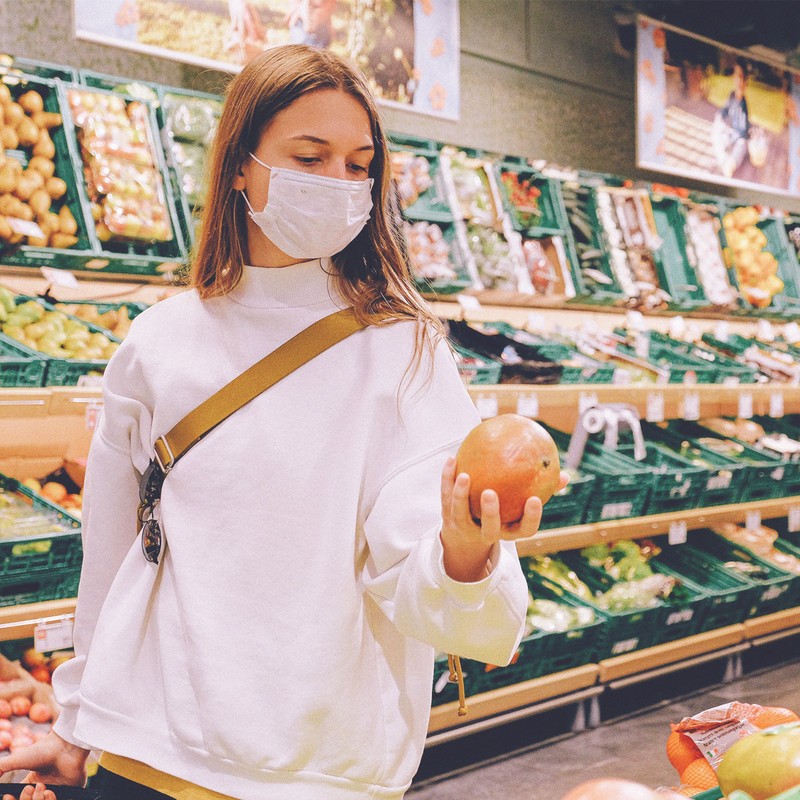Face Masks: What To Know & Where To Get One
THE GOVERNMENT
The government has chosen not to make face masks compulsory for members of the public for the time being. It has called the evidence supporting their efficacy “disparate”, saying it has seen no conclusive results proving wearing one in public helps to slow the spread of coronavirus. The government is also concerned that wearing a face mask would prompt people to ignore more important measures, such as social distancing or meeting up with friends and family.
PUBLIC HEALTH ENGLAND
Currently, Public Health England recommends face masks for frontline NHS workers and for those working in social care settings, but does not believe they’re necessary for healthy people to wear outside. It believes there’s little evidence of widespread benefits from wearing masks outside of clinical settings.
WORLD HEALTH ORGANIZATION
Guidelines issued by the World Health Organization (WHO) state that while masks can help prevent people from passing coronavirus on to others, they’re inadequate when it comes to protecting you from contracting it. In its view, only two groups of people should wear protective masks: those who are sick and showing symptoms; and those caring for people suspected to have coronavirus. Otherwise, medical masks should be reserved for healthcare workers. It’s also worth knowing that masks bought and worn by the public can be contaminated by other people’s coughs and sneezes, and that evidence currently supports the idea that frequent hand-washing and social distancing are more effective.
EUROPEAN CENTRE FOR DISEASE PREVENTION AND CONTROL
The European Centre for Disease Prevention and Control agrees that medical face masks should be reserved for healthcare workers. However, it also says non-surgical face masks might help stop the spread of coronavirus by people who are contagious but have no symptoms – something which could prove useful in supermarkets, shopping centres and on public transport.
MEDICAL PROFESSIONALS
“Wearing a face mask is the norm in countries that have better controlled the spread of coronavirus like Taiwan and Korea. Wearing a mask can help reduce spread through asymptomatic carriers as the virus may be spread by talking, as well as coughing, sneezing, and contacting contaminated surfaces. However, masks should not give people a false sense of security and they should still wash their hands and maintain social distancing. They should also be disposed of properly to avoid cross-contamination.” – Dr Sabrina Shah Desai, Harley Street surgeon
“Personally, I don’t believe in wearing face masks in public because at some point we will have to build herd immunity. The virus isn’t going away, so face masks really aren’t the way forward. Obviously, if people are sneezing and coughing, they should follow the usual courtesy rules of placing their hand over their mouth.” – Dr Lucy Glancey, member of the Royal College of Surgeons
“Most coronaviruses peak in winter time because the air becomes dryer, drying out the mucous membranes of the nasal passage, weakening the nose’s defences and making us more susceptible to viruses. Masks are great to help counteract this. Breathing in and out with a face mask on helps to maintain humidity, and therefore helps to keep the nasal defences intact, reducing the opportunities of a virus to move down the respiratory tract. Water droplets cannot penetrate as easily through a mask, and this works both ways for the wearer and the passer-by. Of course, this will depend on the type of mask – and the better a mask fits a person, the better the protection.” – Dr Michael Barnish, head of genetics and nutrition at REVIV
Instead of taking up a medical face mask that could be used by the NHS, the general public is being encouraged to use non-medical fabric face coverings. Interested? Here’s where to get one…
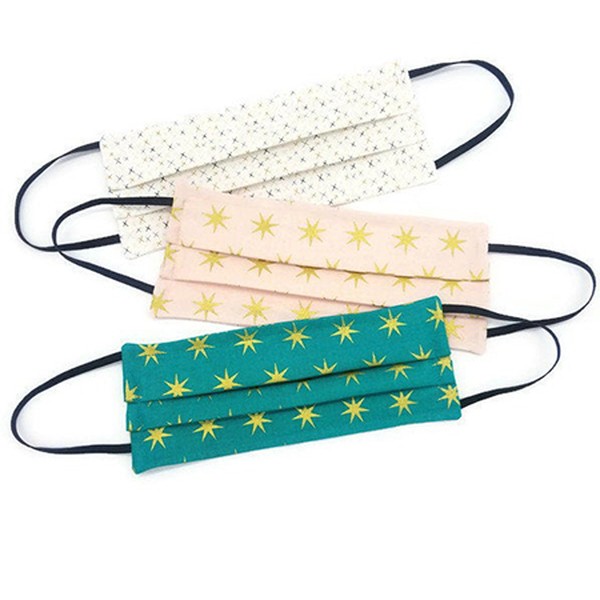

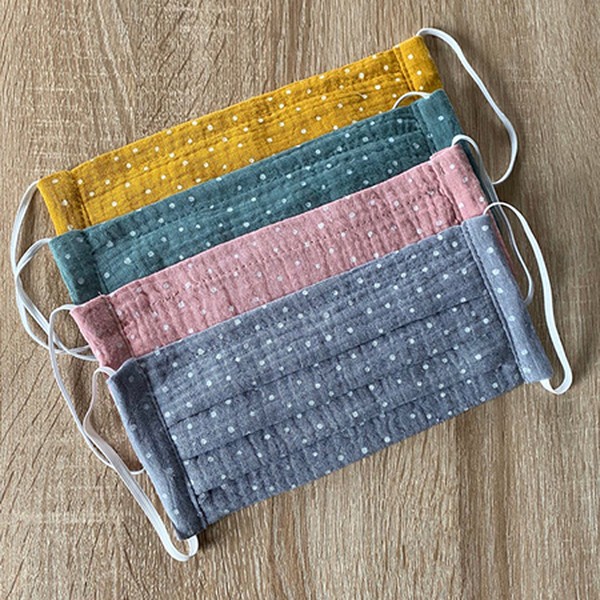
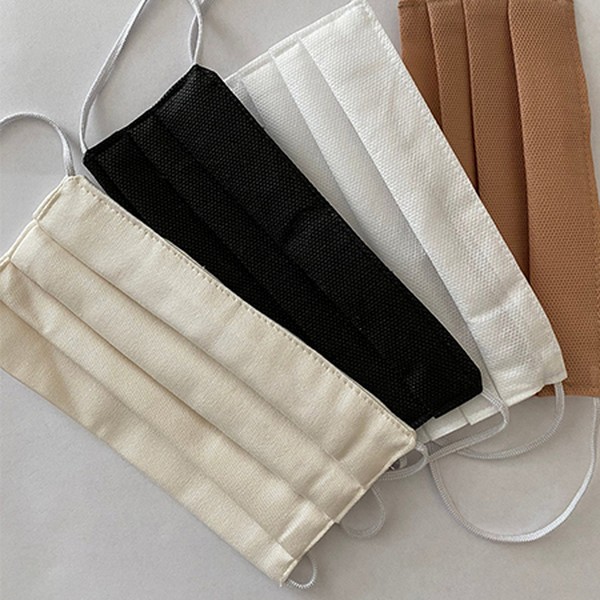
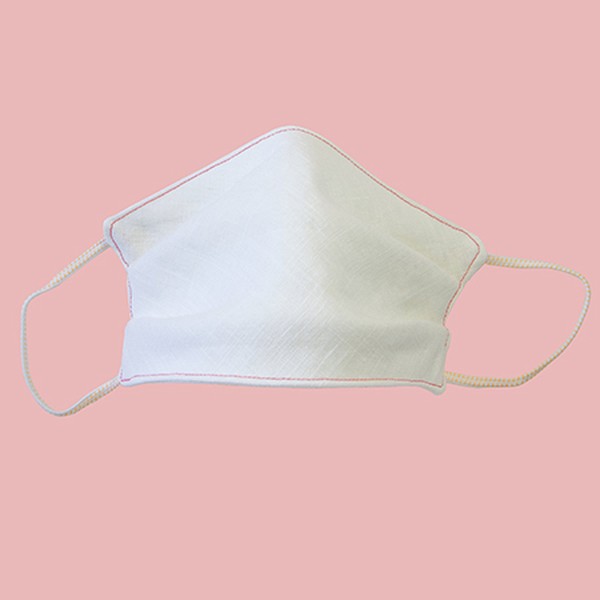

DISCLAIMER: We endeavour to always credit the correct original source of every image we use. If you think a credit may be incorrect, please contact us at info@sheerluxe.com.
